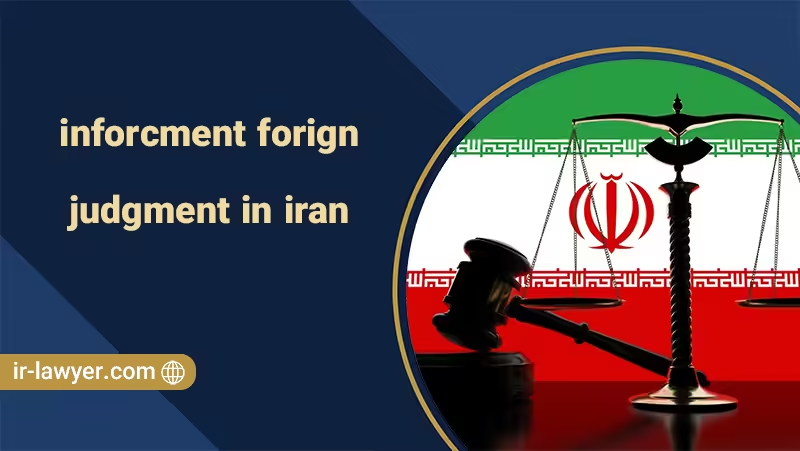Menu
En | Fa
En | Fa

تماس بگیرید
اجازه دهید ما به موفقیت بزرگ شما کمک کنیم.
 آدرس دفتر تهران: خیابان ملاصدرا، روبهروی بیمارستان بقیه الله، پلاک 185، طبقه اول، واحد 1
آدرس دفتر تهران: خیابان ملاصدرا، روبهروی بیمارستان بقیه الله، پلاک 185، طبقه اول، واحد 1
 آدرس دفتر امارات: دبی، اتوبان شیخ زائد، نرسیده به ایستگاه برج خلیفه، برج آسپین
آدرس دفتر امارات: دبی، اتوبان شیخ زائد، نرسیده به ایستگاه برج خلیفه، برج آسپین
تمام حقوق مادی و معنوی این سایت برای خلیل آسایش (وکیل اجرای حکم خارجی و وکیل در دبی) محفوظ است.